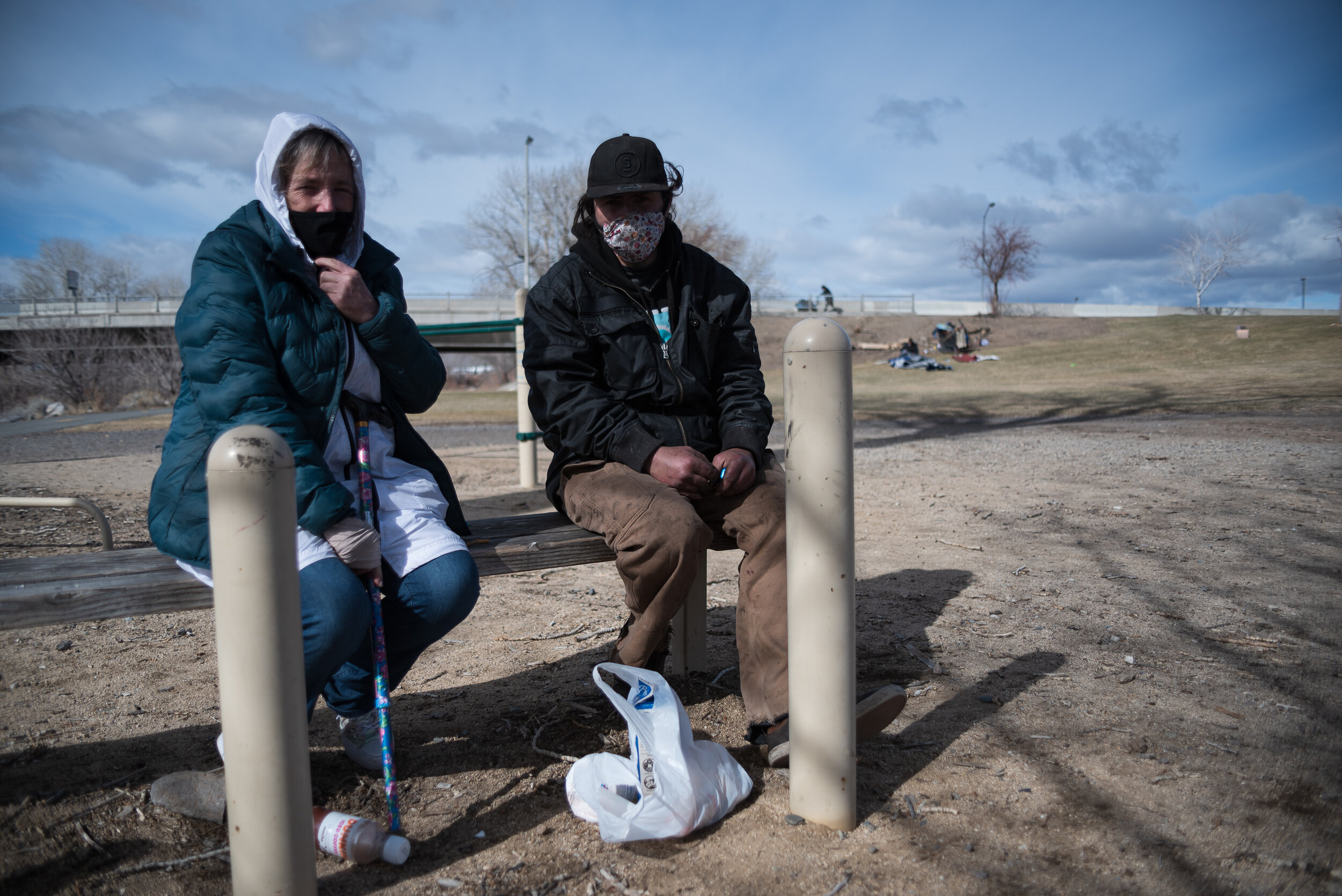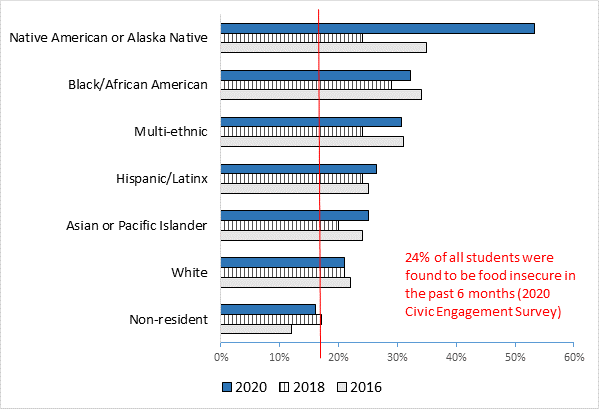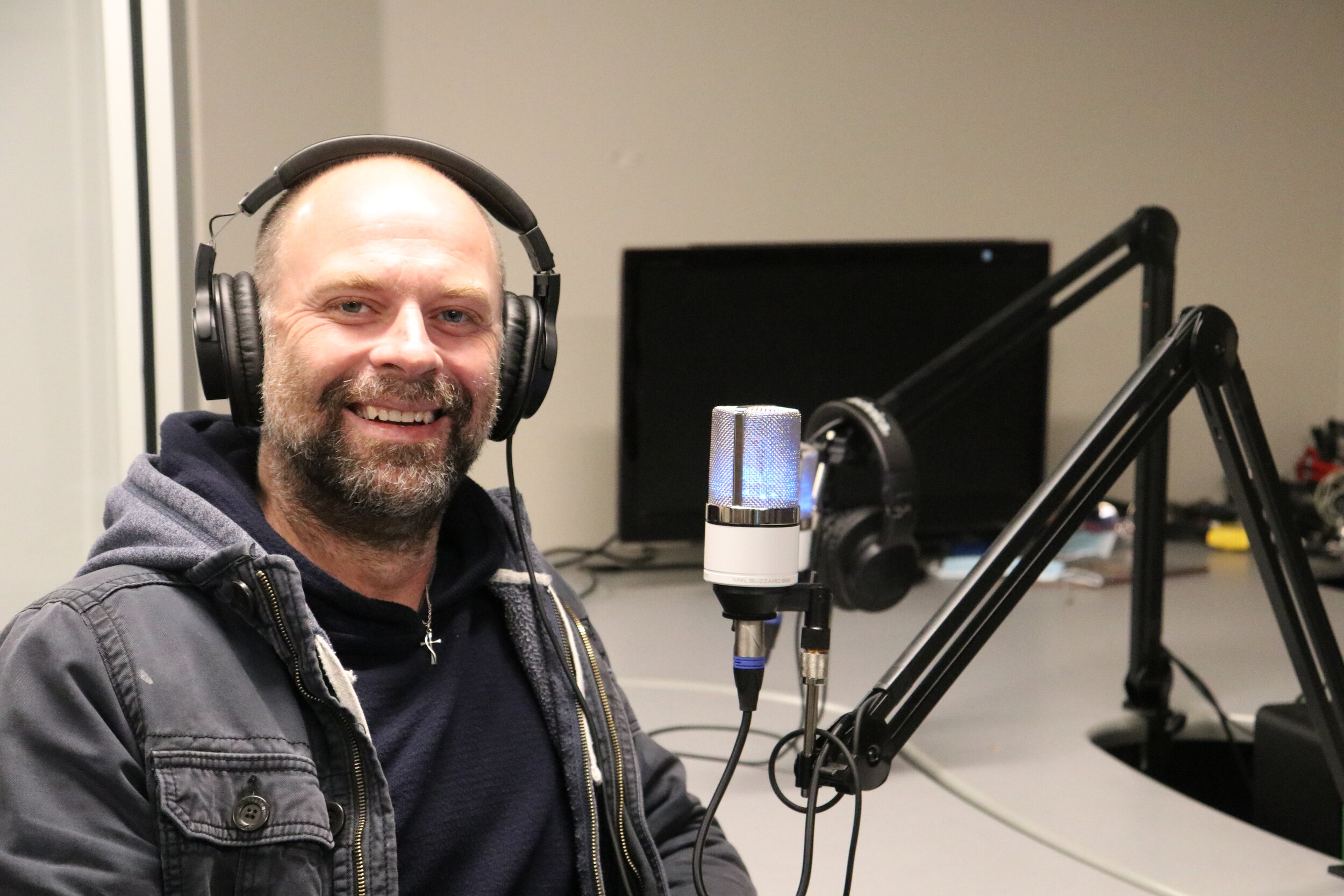Resilience to Keep a Family’s Legacy of Providing for Others
The Hands of Hope food bank has been in the community for ten years and now faces an uncertain future, following a family’s upheaval and financial difficulties. The initiative though has already shown plenty of resilience, much like the people it helps. It began as Operation Feedback in 2010 by Paul Kadesky. In 2016 Frank Seve’s parents assumed ownership but just recently, due to what he says was his parents deportation to Samoa, he has taken on ownership.
Seve, 29, explained they were “taken by Immigration and Customs Enforcement (ICE) after purchasing plane tickets,” when they tried to return to Samoa for a family emergency in November. As the situation unfolded, Seve and his parents, according to his account we couldn’t independently verify, were advised they could appeal the deportation. He says his parents chose to return but that this may have been a mistake as Seve and his parents have since been told by lawyers his parents will now be unable to return to the United States for at least ten years. The doors of Hands of Hope though have stayed open, until now, with a pressing need to find a new location.
“Tuesdays we open to our veterans,” said Seve, amongst the hum of refrigerators “and every Saturday to our community.” The food bank is currently located on 2360 Valley Road, just behind the Salvation Army thrift store, but Seve has been given notice he needs to leave in March.
With donations, Seve has put in place a innovative model that also brings in revenue. Anyone who needs food simply pays $10 and is then able to fill up a shopping cart of everything from frozen meats and meals to fresh produce, canned goods, and even hygiene products or kids books.
“They will leave with about two hundred dollars worth of food,” explained Seve as volunteers worked to stock shelves with donated food items.
Seve puts a premium on healthy foods, but is now scrambling to find a new location.
Starting an Emergency Food Service
Seve moved to Reno fifteen years ago when he says his father began working in the Biggest Little City as a pastor. Wanting to do more for the community, Seve’s parents began a food bank out of their church.
“I’m more of a physical worker, doing the work,” explained Seve about the challenges of now operating the non profit. “I notice when I am doing the work, we’re not getting much [food].” He struggles in balancing the business and labor side of the organization. He has maintained a previously created network of grocery stores who all pitch in and donate food to the organization. This allows Seve to go around town to stores like WinCo, Sak’N Save, SaveMart, and Costco to collect ready made boxes of donated food. Then twice weekly he has a handful of volunteers helping him organize and sort all of the donations.
His group of volunteers are all working to try to find a viable solution to keep the organization alive in a new location.
“The owner before volunteered here,” said Seve “and I guess the new owners now don’t want to deal with what’s going on.” He is looking at the big picture and has begun thinking about a backup plan. Though he does not have access to a location as large and organized as this new location he is keeping his eyes open for a solution.
Seve says he has accumulated enough food that he is considering starting an emergency food service. In addition to the two days they are open, Seve wants to start putting together boxes of food that anyone from the community can come and grab without having to pay the ten dollars. He envisions this has the potential to help get people and families through an emergency situation where they might not be able to make ends meet.
“Our doors are alway open, even if they feel like they don’t have the funds to come,” Seve said, wanting the community to know that he will find a way to get them food. “Don’t worry about anything just ‘cause you see a sign that says ten dollars,” he said.
Seve never thought he would be running a non-profit food bank. He never thought he would get such satisfaction and fulfillment from working without getting paid, either. “If it wasn’t for my mom and dad,” Seve said “I probably would not have the heart that I do right now for the community.”




























































